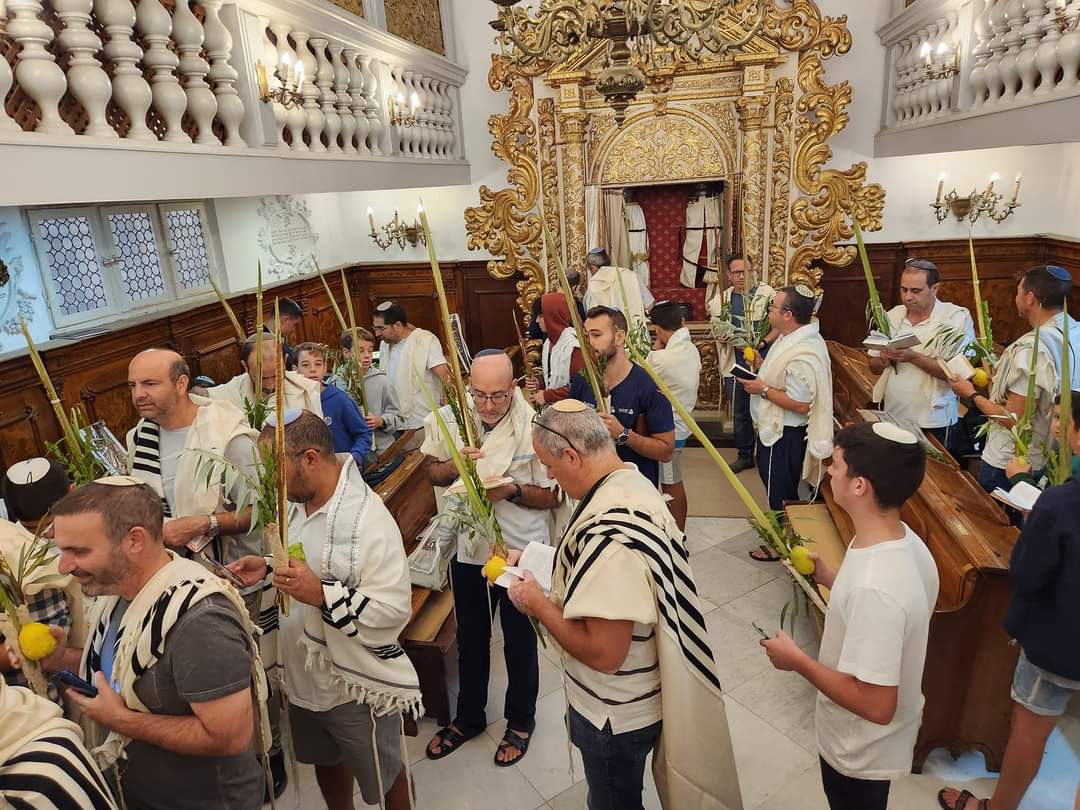UCEI – New agreement with Italians in Israel to strengthen ties between communities

Italian Judaism is not limited to the peninsula. For decades, a significant part of it has been growing in Israel. “Now the Italkim (Italians in Israel) have surpassed in number the community in Italy. We are 25,000 and maintain the same traditions. That is why it is crucial to create collaborations and synergies among us,” explained Vito Anav, president of the Hevrat Yehudei Italia. As the leader of the Jewish community in Israel, Anav signed a memorandum of understanding with the president of the Union of Italian Jewish Communities (UCEI). “The goal is to work together to offer services and opportunities to Jews in both countries,” emphasized Anav, who was born in Rome and has lived in Israel since 1979.
“Italian Judaism has a millennia-old culture and an unimaginable strength, which we in Jerusalem, Tel Aviv, and Netanya do not want to relinquish. Every Italki has their own worldview and political ideas; we are not a monolith but rather represent the diversity of Israeli society. Precisely because we are well integrated and secure in our Israeli identity, we wish to preserve, protect, and expand our Italian identity.” Anav has long stressed the importance of collaborating with UCEI. “We hope that the protocol leads to continuous and structured cooperation and that it doesn’t remain just statements on paper.”
The president of Hevrat Yehudei Italia has several ideas on how to strengthen relations between the two worlds. “It is rare for a shaliach (emissary) with Italian roots from the youth organizations Hashomer Hatzair or Bnei Akiva to come to Italy. Yet, this would be an important exchange. A young person, for example, of Milanese origin, after studying in Israel, serving in the army, and perhaps getting married, could bring their experience to an Italian community.” It would be an opportunity for them to strengthen their roots, and for the welcoming community to have a reference point that understands local needs while also explaining what life in Israel is like in an understandable way,” Anav said. “It would be an access point. And we need to create many more. For instance, by utilizing the Erasmus program. Several universities in Israel, after October 7 and the outbreak of antisemitism, have announced they will facilitate the acceptance of students and researchers from abroad. An opportunity to seize.”
There will also need to be a greater investment in language skills, such as “intensive Hebrew courses, starting with young people, to be able to address and understand life in Israel.” Among the planned Israel-Italy exchanges, one involves rabbis and is scheduled for the near future. ” We are working to bring a group of Italian rabbis to teach in various cities across Israel, from north to south. This is an example of an important exchange, and we hope to build many more.”
